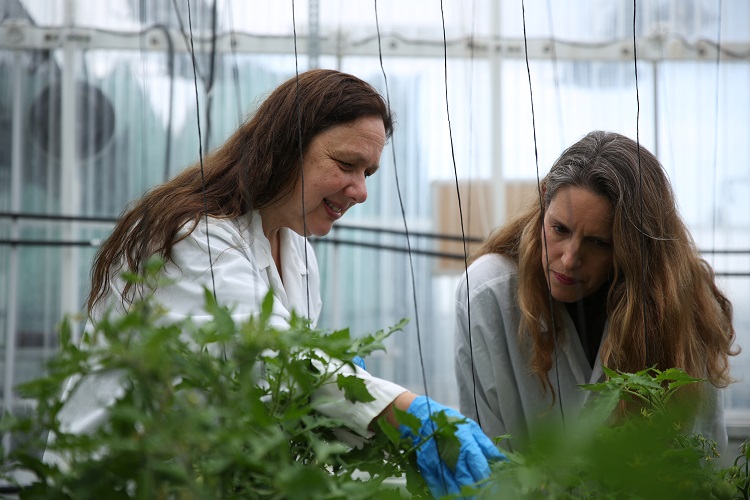-
Will consumers accept mycelium?

Mycelium is often considered a good protein source in the world of meat-free meat analogues. Alongside mycoprotein, it is one of the most promising fungal protein sources. However, consumer disgust remains a barrier. Many associate mycelium with mould, which is not exactly the most appetising of things to put in your mouth. A new study,…
-
How are ‘better for you’ and other health claims regulated?

We’ve all seen the term ‘better for you’ attached to ostensibly healthy versions of less healthy – and often unhealthy – products. Intuitively, we know what the term means. But how can it be used? What does regulation have to say about it? Is ‘better for you’ a regulated term? The term ‘better for…
-
Dairy in potatoes? Molecular farming newcomer teaches spuds to act like mammals

Molecular farming has been used by the pharmaceutical sector since the 1980s. In food production, the technology is more recent, but growing in popularity. The latest start-up to enter the world of molecular farming is Israel-based Finally Foods, which emerged from stealth mode this week. Like others in the sector, Finally Foods is focused on…
-
New research sheds light onto U.S. and European supplement regulation

Three decades after the landmark Dietary Supplement Health and Education Act of 1994 (DSHEA) was passed, “some of the states within the U.S. have rules that are different than federal guidelines, and this creates market confusion and legal risks for FBOs (Food Business Operators),” the researchers wrote. When it comes to the EU, legislative overlap…
-
3 start-ups boosting food quality in Europe

There is a wide range of reasons why it is important to be able to assess the quality of food products. You might need to know their composition, including levels of nutrients or sugars. You might need to check for potentially harmful substances, such as microplastics. You might simply want to know whether they have…
-
Supplement inspections ‘crucial’ following potential consumer safety concerns

Furthermore, a greater level of consumer health consciousness (HC) significantly and positively impacted attitudes and behaviours regarding the use of food supplements, through the mediating effect of FSK. “Consequently, the state’s actions on food supplement inspection are crucial since terms such as HC and food supplement safety directly affect public health,” the team of Turkish…
-
Industry demands closure to CBD regulation stalemate

Five years on from the European Commission’s declaration that food and supplements containing CBD were to be considered as novel foods, and four years since the FSA followed suit, the future of thousands of products and an entire sector now hangs in the balance thanks to a slow and unorganised regulatory process, the association warns. “A…
